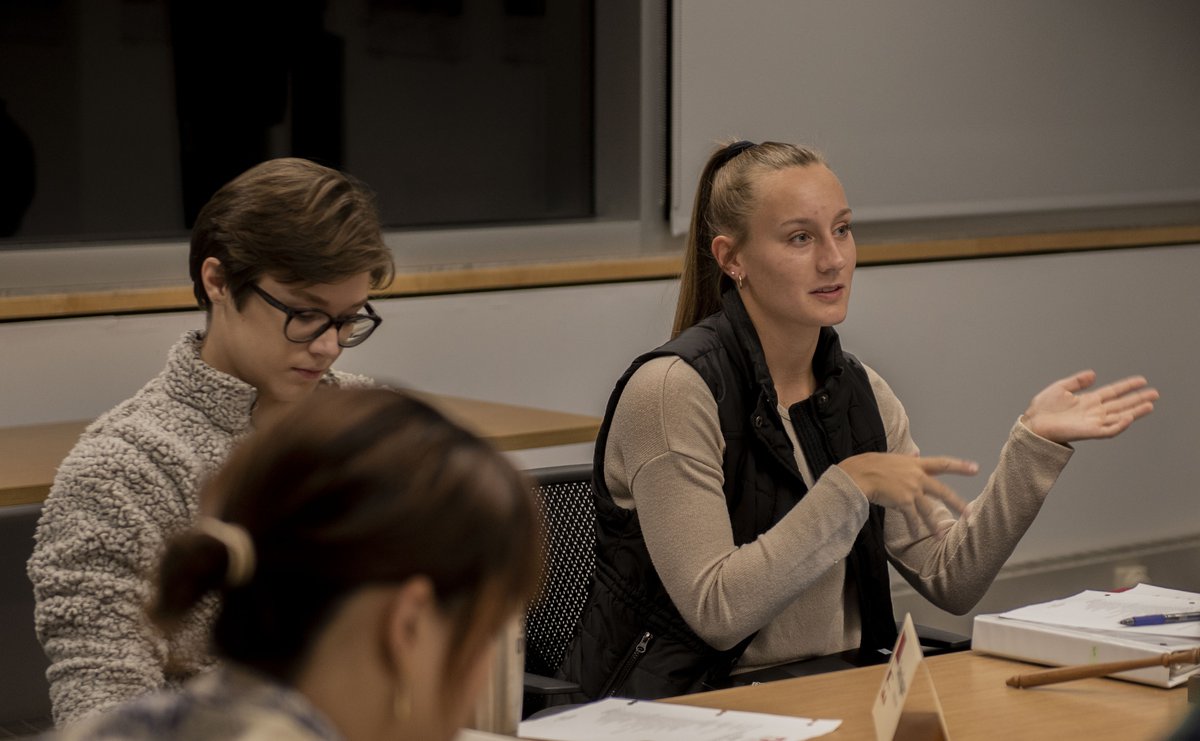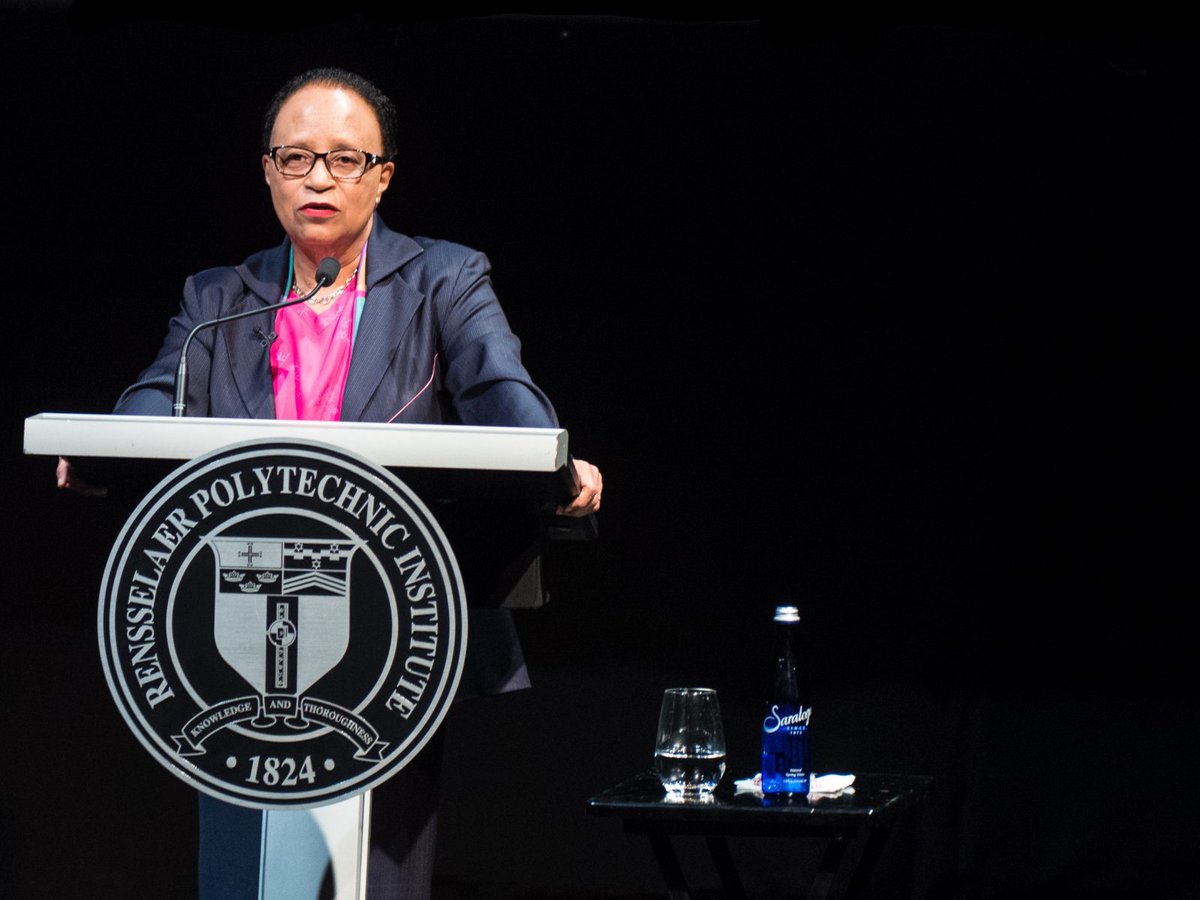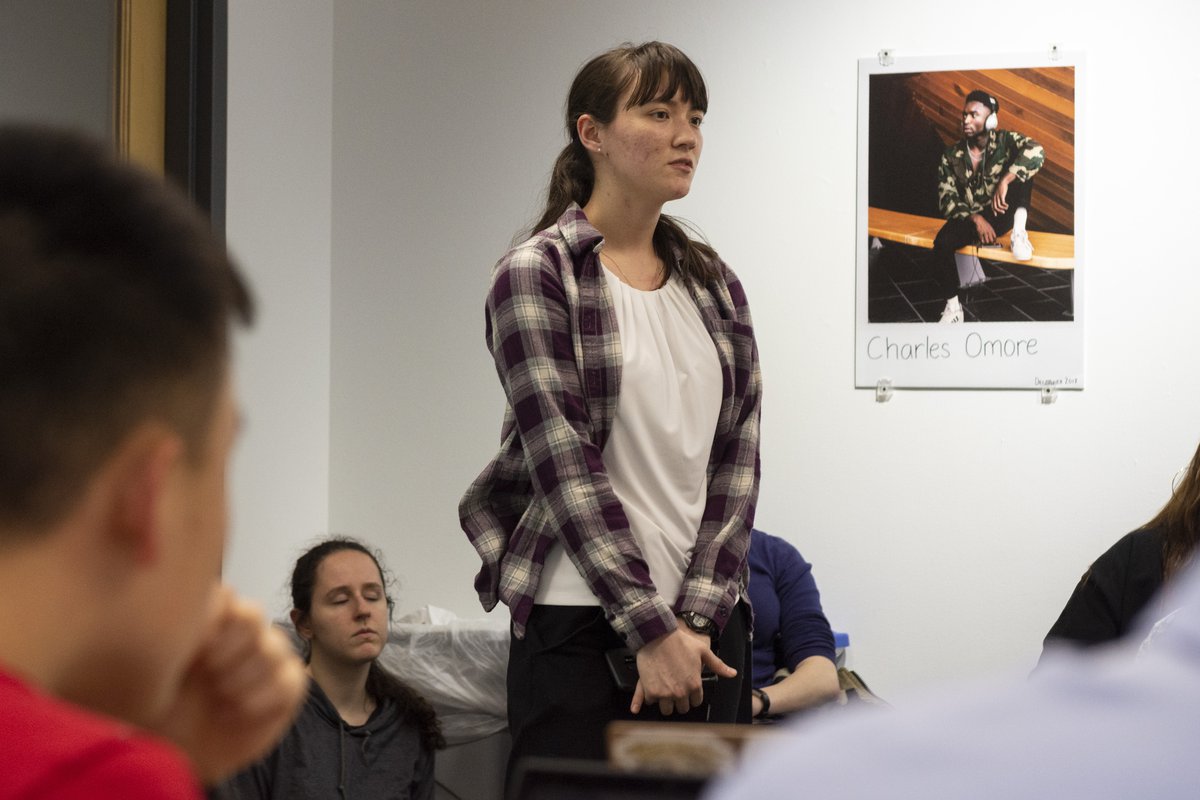Senate backtracks decision after six months

In April, the Institute rejected and requested changes to the student-proposed Union budget for the first time in at least 49 years. One member of Student Government said he felt that this "above all else has shown that a student-run Union is something that is in the past.” At the time, the Student Senate resisted the Institute’s actions by refusing to review the Union Annual Report that included the changes requested by the Institute.
Six months after that decision, the Senate unanimously passed the same, previously dismissed Union Annual Report without any discussion.
In April, after the refusal to vote on the document, Grand Marshal Meagan Lettko '20 told The Polytechnic that she and the UAR Committee were “working to resolve the UAR by providing an appendix that will detail the situation.” President of the Union Caitlin Kennedy '20 also shared plans to bring the UAR back to the Senate once it had been updated with the necessary changes and information.
When asked last week if that appendix was complete, Lettko said it “wasn’t pursued by this Senate or Executive Board.”
“We moved on to the new term ... it’s a little harder to try to work backwards and kind of collect everything we know about that. So we didn’t think it was really worth our time to focus on that … in the grand scheme of things, the document itself is not a legitimate budget, so this is more of just representing the work that students put into it. So we wanted to make sure it was accurate in that sense. We didn’t really feel it needed further explanation in the document itself,” she elaborated.
11 of the 28 people currently on the Senate were listed on the agenda for the April meeting; former President of the Union Justin Etzine presented the revised UAR and the circumstances that led up to the budget changes, and the Senate subsequently objected to the consideration of the question to approve it. UAR Committee Chairperson Nate Sullivan ’22 was the vice chair of the UAR Committee when these events took place, according to the first iteration of this UAR.
The Executive Board is the chief financial body of the Rensselaer Union and is responsible for budgeting the Union’s income to clubs and staff each year. The majority of that income is from the student activity fee, which is set by the E-Board and then recommended to the Senate. This fee requires Senate approval, and it is the only way the Senate performs a check on the Board's budgeting decisions. The Union Annual Report, which is often brought forth at the same time as the activity fee recommendation, must also be approved by the Senate.
However, failure to approve just the UAR has no effect on the actual budget itself; it only results in an absent or inaccurate historical document.
The Executive Board was indirectly instructed to make two changes to the budget before it could be submitted: increase the enrollment—and, as a result, the Union’s projected income—and restore around $57,000 of funding to a program that the Board had decided to cut. The program was funding for staffing in East Campus Athletic Village, a facility that the Board felt was outside of the Union’s jurisdiction. When the Institute requested these changes to the budget—after the activity fee and UAR had been approved—they simultaneously requested changes to expenditures and income; this left the activity fee unchanged. Therefore, only the changes to the Fiscal Year 2020 Union Annual Report required a new approval from the Senate.
Since the Executive Board had already accepted the changes in the actual budget, the Senate’s decision to not approve the new UAR in April only left that document an inaccurate reflection of the events that had occurred. The intent of not voting on the UAR was to—according to Lettko and Kennedy at the time—add an appendix that outlined the series of events that prompted the strong reaction from members of Student Government.
“The E-Board did reopen this budget and approve it back in the spring. So, the budget was already approved, is already in motion, like we’re in the fiscal year now … we’re revising the document so we can accurately represent what the budget is and we can share with the community accurate figures,” said Sullivan during his recent presentation of the UAR to the Senate. He did not discuss the series of events that resulted in the changes to the budget or the objection of the consideration of the question in April.
The situation in April was not addressed until inquiry from The Polytechnic during questions on Sullivan’s presentation. When asked if this was the same UAR that was objected to in April, Business Administrator Martha McElligott confirmed: “It’s the same document, it was just never reviewed by [the Senate].”
No members of the Senate, besides Lettko and Sullivan, spoke during this portion of the meeting. There was no discussion on the motion to approve the UAR, which passed unanimously.

 Rensselaer Union
Rensselaer Union
 Town Meeting
Town Meeting
 Town Meeting
Town Meeting
 Administration
Administration